Digital Money - The Explosion of Mobile Solutions
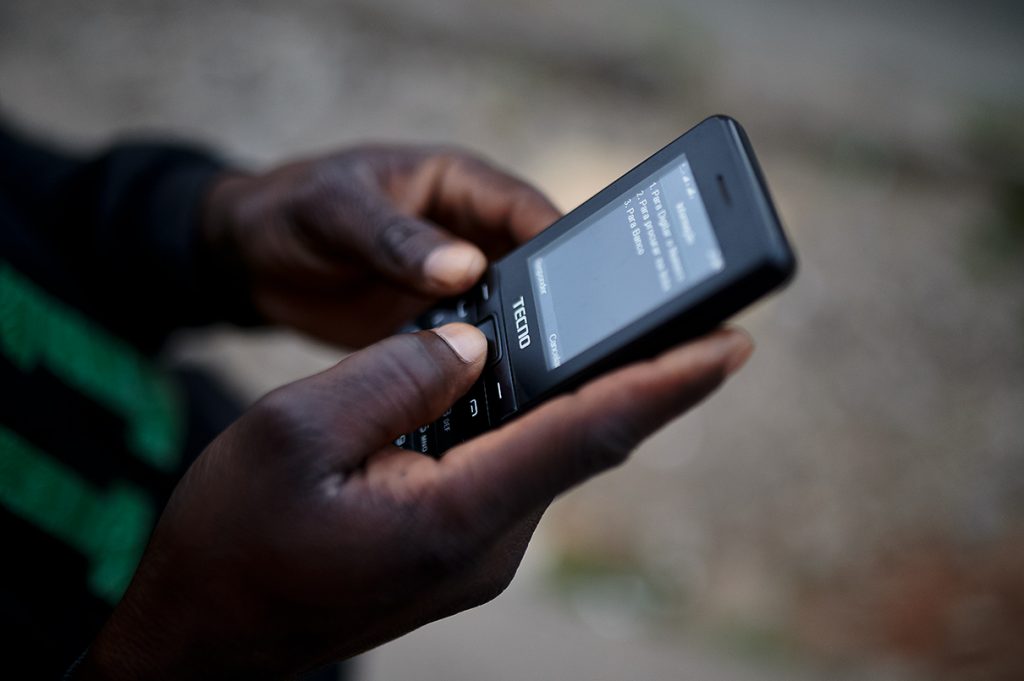
The use of digital money in the country has revolutionized transactions and boosted the process of financial inclusion. At a time when several banking institutions are constantly challenged to expand their services, the reality is evident, judging by the number of users of electronic financial transaction platforms: mobile money is ahead. Between 2010 and 2019, according to the Bank of Mozambique, the number of subscribers to mobile financial services grew 16 times, to where it currently stands at 7 million. According to FSD Mozambique, an institution that promotes financial inclusion and literacy, by 2019, around four million adults, which corresponds to 29%, had a mobile account. Of these, 97% use these platforms to buy top-ups and pay for services. The same source indicates that 72% of salaried adults use mobile money compared to 37% of self-employed workers, 29% of dependents, 26% of in- formal employees, and 16% of farmers.
Amélia Tivane owns a small stall selling sweets, cookies and other products, in the famous Praça da OMM, in Maputo. She also has a sign in bold letters that announces that she’s an M-Pesa agent (a service of the mobile service provider Vodacom Mozambique).
According to her, there are several people who request these services at her stall. “I don’t remember the number of people who come to make their transactions here, but I can say that there are a lot,” the interviewee reveals, who guarantees “not a day or two hours goes by without someone needing to make withdrawal or a deposit”.
In all corners of the country, there are providers of digital money transaction services. Valdino Mubai, from the province of Manica, points out the impact of electronic money on his life: “My family uses M-Pesa to send me the money to pay for my studies and my stay here.”
Judging by its rapid expansion, some say that these platforms have come to change the way of life of the population. Digital media have changed the stance of banking institutions, leading them to reinvent themselves constantly and find on these platforms a true ally. The banks were thus compelled to bet on digital channels to reach an even greater number of customers and facilitate their transactions in collaboration with institutions such as M-Pesa, mKesh and e-Mola. It is because of this phenomenon that commercial banks have developed mech- anisms to monitor the evolution and expansion of digital money in the country, offering services such as the payment of water, electricity, TV and other bills. With just a few clicks, users access several services without even leaving their homes, avoiding queues and other constraints.
“These innovative solutions play an important role, especially in halting the spread of COVID-19, reducing the exposure of customers in bank branches, for example,” BancABC’s Chief Executive Officer, Tawanda Munaiwa, defends, who spoke during the signing of the memorandum of understanding between that institution and the Movitel mobile service provider.
The use of electronic money in the country was introduced by the electronic money wallet, M-Kesh, in 2011. In 2012, M-Pesa and, more recently, e-Mola appeared. According to Vodacom’s financial statements for the first half of the current year, M-pesa handled around 34 billion meticais per month through its 4.1 million active customers nationwide.
Text: Hermenegildo Langa
Photo: Jay Garrido



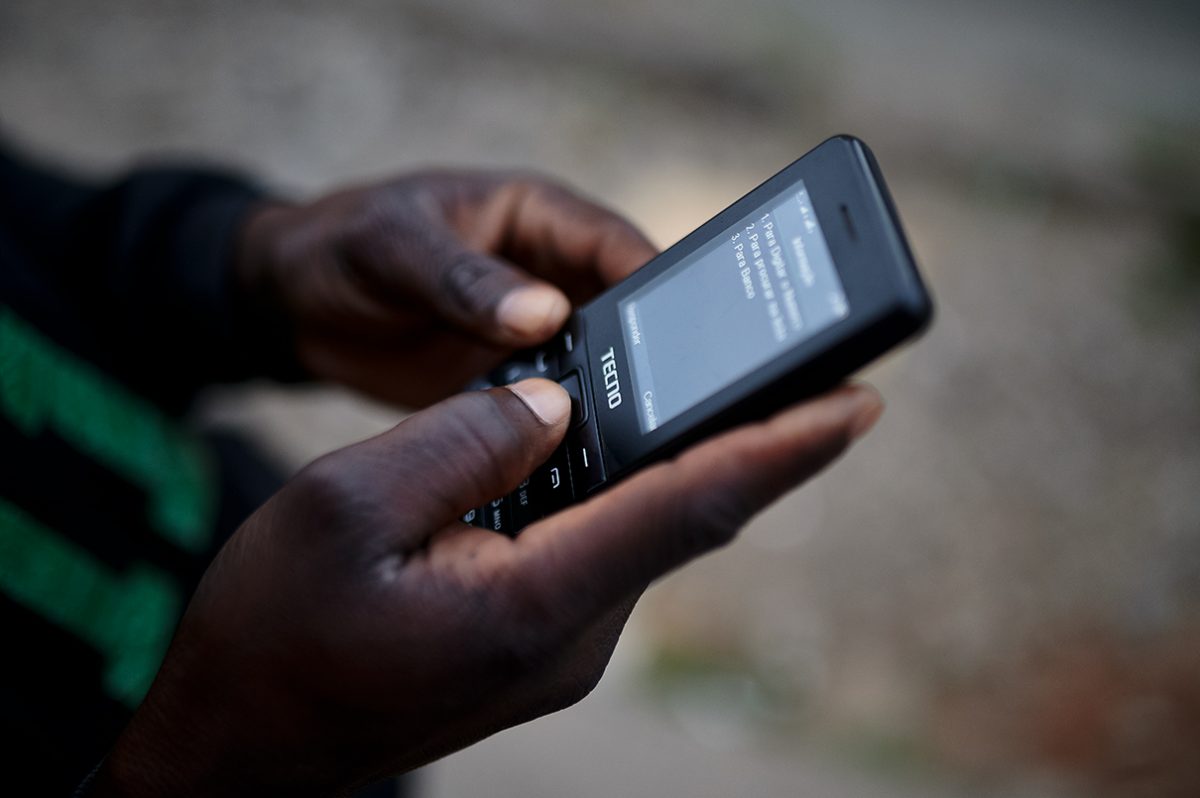

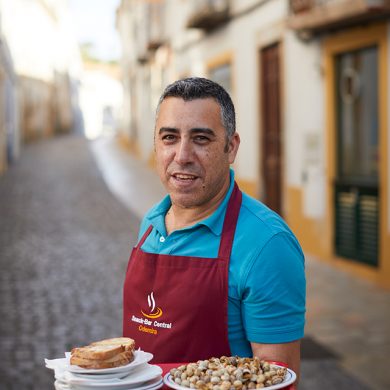

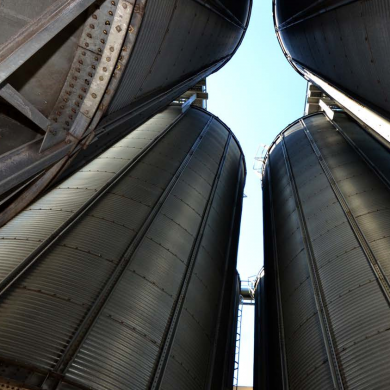
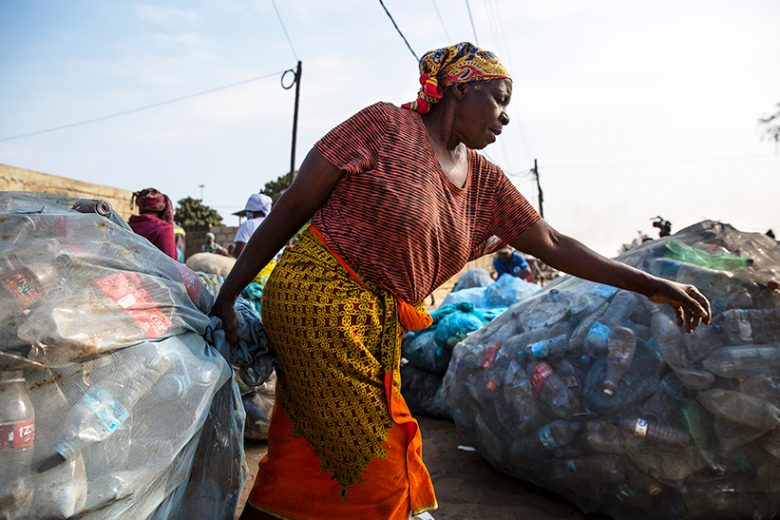





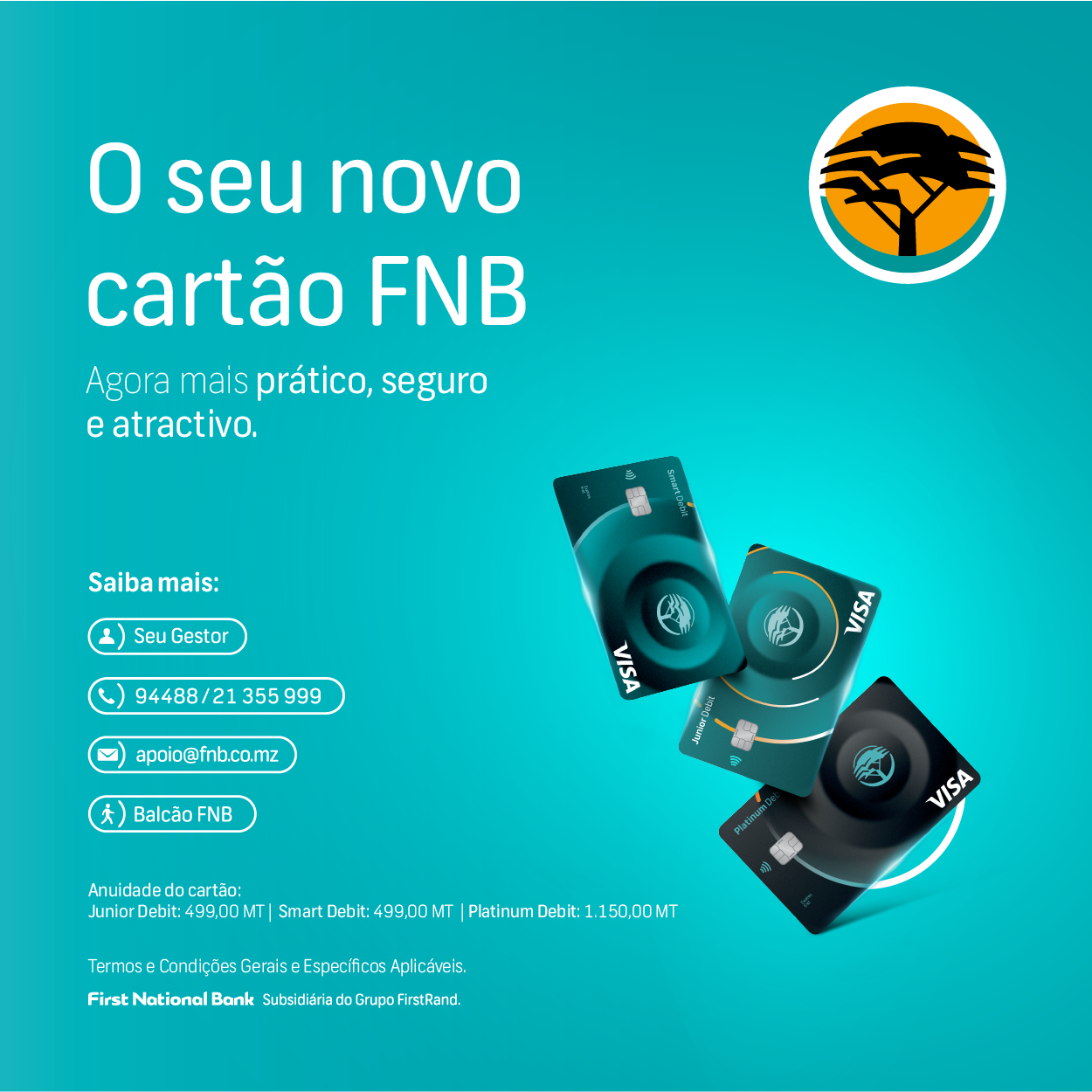








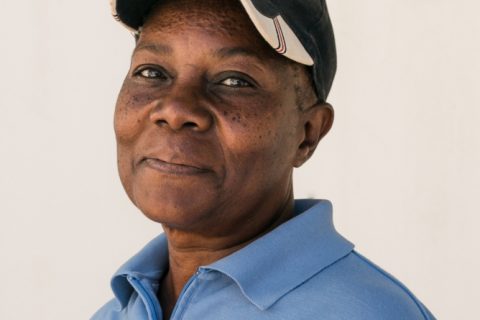
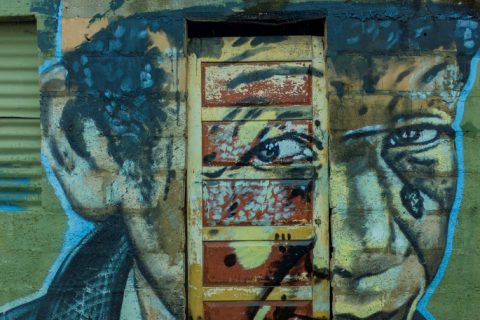



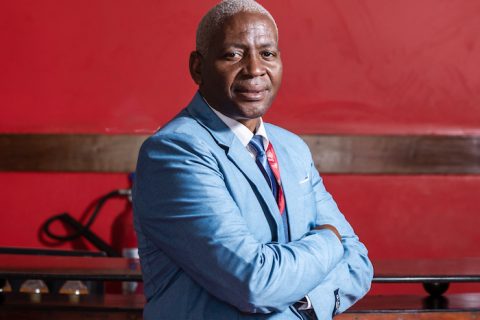

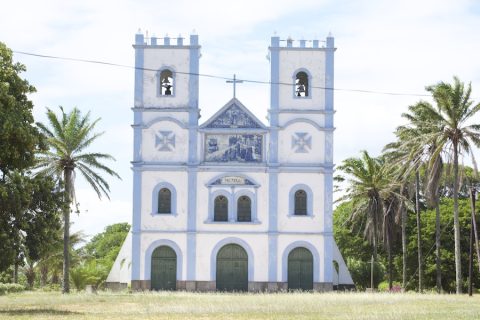
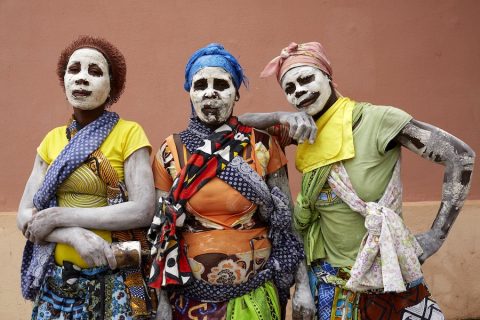

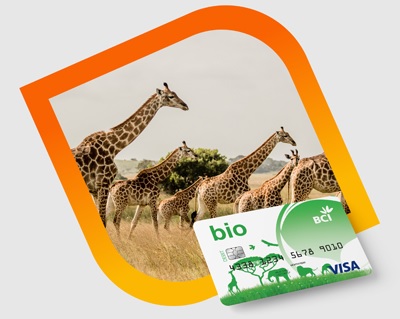

0 Comments